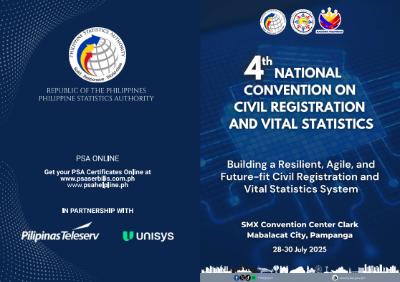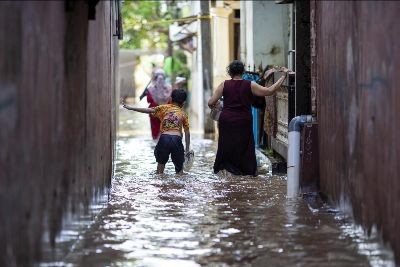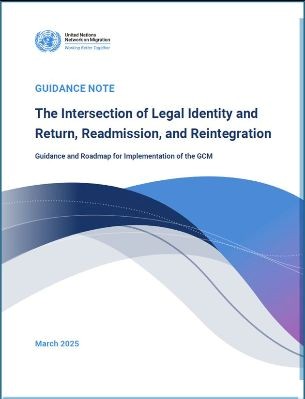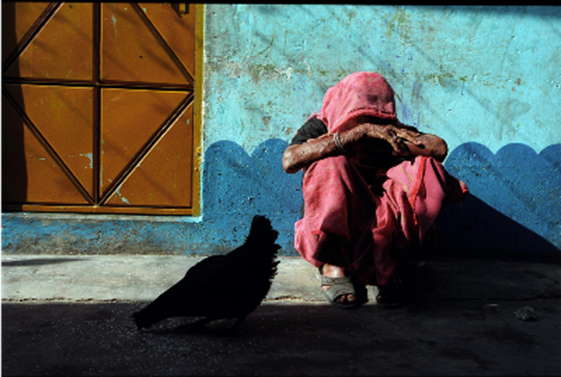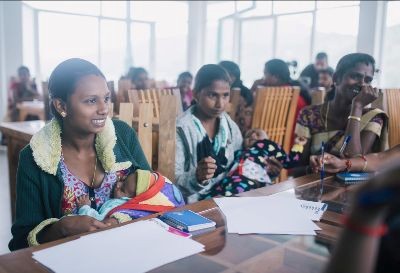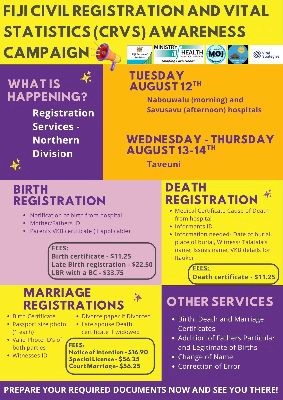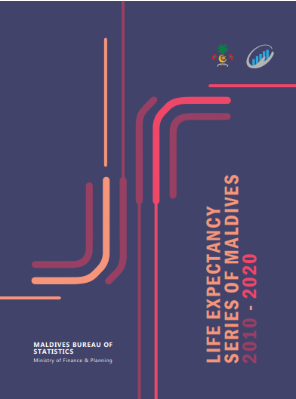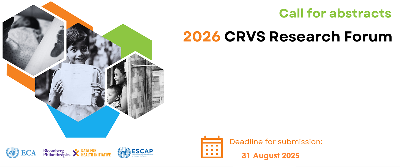CRVS Champion: Dr. Santi Kusumaningrum(Newsletter August 2023) Our community newsletter puts a spotlight on people from Asia-Pacific who have gone above and beyond in their efforts to support CRVS programmes, raise awareness of CRVS issues or lead CRVS improvement efforts in their home country. This month, we would like to dedicate this issue of Insight to the late Dr. Santi Kusumaningrum. It is with great sadness that we received the news of the recent passing of Dr. Santi Kusumaningrum, Director of PUSKAPA (Center on Child Protection and Wellbeing at Universitas Indonesia). Santi was a true champion in the field of civil registration and vital statistics. Her work focused on ensuring systems and services enable social inclusion, child wellbeing, and resilience; solving the barriers to legal identity and personhood, so they facilitate (and not discriminate) people’s access to public services, justice, and opportunities; and mastering the politics of policy transformations. Santi asked the question, “How can people access all the support and services they need if they remain unseen by the system?”. With PUSKAPA, she worked towards ensuring everyone is registered since birth, owns legal identity documents throughout their life cycle, and their data are governed to inform resource allocation and improve public services. Through research and advocacy, Santi led the process of identifying the layers of structural barriers individuals face when dealing with the civil registration service: 1) individuals lack access due to poverty, remoteness, and immobility; 2) individuals deal with services which are unresponsive to their special needs; and 3) individuals experience discrimination due to their social identities, such as gender, religion, ethnicity, etc. Her work was not just about making sure more people can access CRVS services, but also about pushing for services and program improvements that are based on data. While she might not have been the first one to introduce the concept of CRVS to Indonesian bureaucracy, Santi was persistent in advocating for the government to approach and view civil registration and vital statistics as a holistic system. As such, among governmental discussions and debates, the term, CRVS or PSSH, is now widely circulated, discussed, and debated. In her insistence to see CRVS in its wider applications, uses, and consequences, Santi had traversed between various sectors in Indonesia, connecting several government ministries on the issue and advocating for CRVS to be prioritized as by the Government of Indonesia (GoI) by bringing the issue onto Bappenas’ (Ministry of National Development Planning) table. Through the CRVS work of PUSKAPA, Santi built connections among these governmental silos but also connected these institutions to Civil Society Organizations working on the ground, to leverage the community-based work they do to make large-scale institutional reforms. The CRVS national strategy stated in Presidential Decree No. 62 of 2019 has mandated more than twenty ministries and agencies to participate, including the Ministry of Health and the Central Bureau of Statistics (BPS). In addition to Santi’s keen efforts in institutional set-up and reform, Santi truly believed that CRVS matters at a very personal level; to individuals, families, and communities. To be recognized and registered is a fundamental right of a person. She believed that the justice aspect of CRVS through recognition of the state and its ability to produce timely basic data, has immediate and long-term ramifications for vulnerable people, citizens, and non-citizens alike in Indonesia. During the COVID-19 Pandemic, for instance, PUSKAPA pushed hard for the GoI to relax the requirement to produce NIK (National Identity Card) to access vaccination (as many do not have NIK on the ground, and this would have automatically excluded the Indonesian stateless population, including refugees), instead advocating for the GoI to use universal vaccination as a way to identify, locate, and serve people without proper legal identity. On behalf of the CRVS community in Asia and the Pacific, we would like to express our deepest sympathies and condolences to Santi’s family and friends and to her colleagues at PUSKAPA. She will be greatly missed. |

More News
At the Manila Tech Summit in August 2025, Philippine President Ferdinand R. Marcos Jr. highlighted…
Amid the rising frequency and intensity of climate-related disasters, the United Nations Economic…
The United Nations Network on Migration has issued a new Guidance Note emphasizing the pivotal role…
At a recent workshop hosted by PROGGA (Knowledge for Progress) and the Global Health Advocacy…
Sri Lanka is undertaking a major transition from its longstanding paper-based Civil Registration…
Our community newsletter puts a spotlight on people who have gone above and beyond in their efforts…
Fiji has launched a nationwide campaign to improve birth registration and legal identity, focusing…
The United Nations Economic and Social Commission for Asia and the Pacific (ESCAP),…
The Maldives Bureau of Statistics has released a significant new publication, Life Expectancy…
The deadline to submit abstracts for the 2026 Civil Registration and Vital Statistics (CRVS)…


